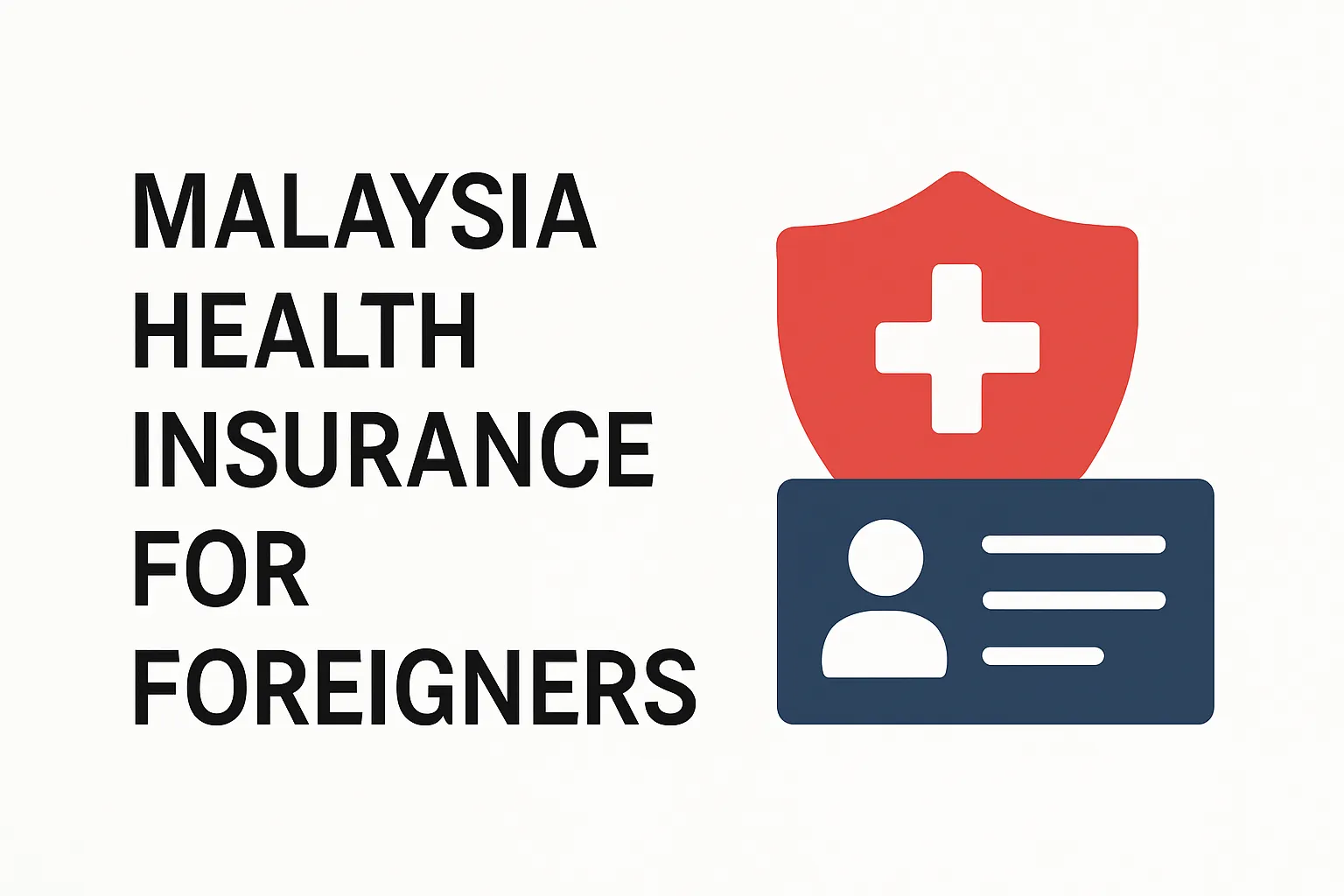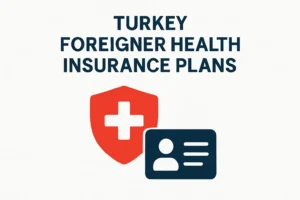Malaysia Health Insurance for Foreigners
You’ve landed in Malaysia—tropical weather, vibrant culture, and world-class hospitals. But what about medical bills? It’s a real concern if you’re hunting for health insurance for foreigners in Malaysia. The good news? You’ll learn exactly what plans exist, how to compare them, and where to apply. Plus, a surprising fact: over 70% of expats prefer private healthcare here because costs run up to 50% lower than in Western countries[Source]. Ready? Let’s dive in.
Table of Contents
- Why Health Insurance Matters for Foreigners in Malaysia
- Key Types of Health Insurance Plans Available
- How to Choose the Right Policy
- Application Process and MM2H Requirements
- Common Mistakes to Avoid
- Future Trends in Expat Health Insurance
- Frequently Asked Questions
- What health insurance options are available for foreigners in Malaysia?
- How do I apply for health insurance as a foreigner in Malaysia?
- What are the costs associated with health insurance for foreigners in Malaysia?
- Conclusion
Why Health Insurance Matters for Foreigners in Malaysia
Hook: Imagine facing a sudden illness without coverage—scary, right?
Malaysia boasts excellent facilities in both public and private sectors. However, as a non-citizen, you’ll pay international rates in many hospitals. That said, private care is still affordable compared to other countries.
Detailed Explanation: Private hospitals like Prince Court and Gleneagles offer cashless hospitalization if you have the right policy. But public hospitals charge nominal fees—great in a pinch, though wait times can be long. You need coverage that balances cost, speed, and quality.
Real Example: A student from Indonesia was hospitalized for appendicitis. With an expat plan, she walked in, got treated, and paid zero at discharge (cashless!). Without it, her bill would’ve topped RM20,000.
“Malaysia’s private healthcare rivals top-tier systems at half the price,” says Dr. Tan Mei Ling, health economist.
Actionable Takeaway: Before you travel, verify if your chosen plan offers cashless admission in private hospitals.
Key Types of Health Insurance Plans Available
Hook: Not all policies are created equal.
Foreigners can choose between local-schemes and international plans. Local schemes often meet visa requirements, while global plans offer worldwide coverage.
Detailed Explanation: Local plans start around RM100/month and focus on treatment within Malaysia. International plans cost more but cover repatriation and pre-existing conditions.
- Individual Plans: Tailored to your health needs.
- Family Plans: Covers spouse and children under one policy.
- Group/Corporate Plans: Often employee-sponsored with group discounts.
- Visa-Compliant Plans: Required for the Malaysia My Second Home (MM2H) program.
Real Example: Many digital nomads pick international plans for portability—one freelancer I know switches countries every six months.
“Plan choice boils down to your lifestyle and budget,” advises insurance broker Kumar Raghavan.
Actionable Takeaway: List three must-have benefits and filter plans accordingly.
How to Choose the Right Policy
Hook: Feeling overwhelmed by plan options?
Here’s how to simplify your decision:
- Define Coverage Needs: hospitalization, outpatient, dental?
- Set a Budget: RM100–300/month is typical.
- Check Provider Network: hospitals, clinics, specialists.
- Verify Add-Ons: maternity, emergency evacuation.
Real Example: A couple on a tight budget skipped maternity cover, then regretted it. Lesson learned: prioritize likely needs.
Actionable Takeaway: Use a spreadsheet to map features across plans—visuals help (a lot).
Application Process and MM2H Requirements
Hook: Ready to apply?
The MM2H visa mandates minimum coverage: RM150,000 for inpatient care, RM50,000 for outpatient.
- Choose a compliant insurer.
- Submit medical history and passport copy.
- Sign policy documents (digitally OK).
- Pay premium and receive certificate.
- Include certificate in your MM2H application.
Example: Expats often secure policies through brokers who handle paperwork end-to-end.
“Speed and accuracy matter—an incomplete form can derail your MM2H visa,” warns Tan Siow Leng, immigration consultant.
Actionable Takeaway: Double-check all visa requirements before submission.
Common Mistakes to Avoid
Hook: Don’t let simple errors cost you thousands.
Many skip reading exclusions or underestimate co-payments. Surprise, surprise.
Always review waiting periods. For chronic illnesses, some plans impose a 12-month waiting period before coverage kicks in.
Actionable Takeaway: Ask the insurer directly about any exclusions—no question is too silly.
Future Trends in Expat Health Insurance
Hook: What’s next for coverage?
Telemedicine is booming. Soon, virtual consultations may be included in standard plans. Digital health wallets? They’re on the horizon.
Plus, insurers are leveraging AI to speed up claims processing (yes, really).
Actionable Takeaway: When comparing plans, ask about upcoming digital services—it might save you time and money.
Frequently Asked Questions
What health insurance options are available for foreigners in Malaysia?
Options include local plans, international plans, group schemes, and visa-compliant packages. Coverage and cost vary widely.
How do I apply for health insurance as a foreigner in Malaysia?
Select a policy, submit your documents, sign the contract, and pay the premium. For MM2H, include the certificate in your visa application.
What are the costs associated with health insurance for foreigners in Malaysia?
Expect RM100–300/month for a basic plan. International plans start at RM500/month but offer global coverage.
Conclusion
Finding the right health insurance for foreigners in Malaysia isn’t rocket science. You need to balance coverage, cost, and network. Research plan types, compare features, and avoid common pitfalls. Next steps:
- List your must-have benefits.
- Contact two to three insurers for quotes.
- Review policy documents thoroughly before signing.
Your health and peace of mind are worth it. Secure your coverage today—and enjoy Malaysia worry-free!
Disclaimer: This article is for informational purposes only and does not constitute professional insurance advice.




